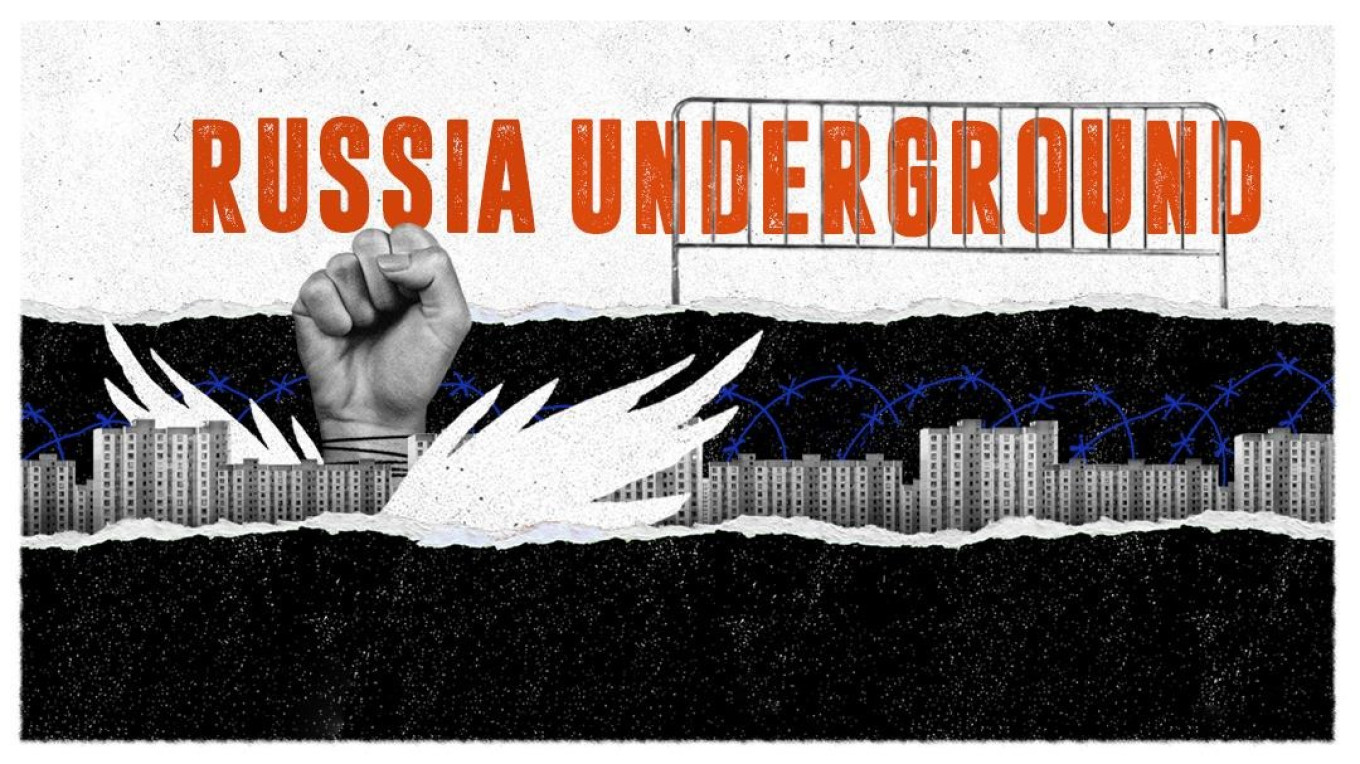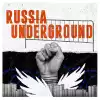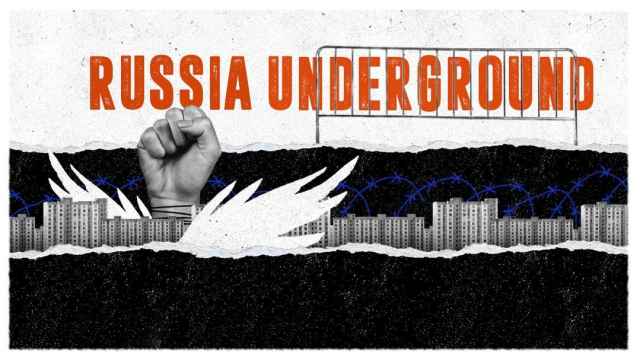
Russia Underground takes you on a journey to meet the Russians who continue to battle for free speech, artistic freedoms and basic human rights despite Putin’s brutal wartime crackdown, hosted by journalist Howard Amos and researcher Nina Berezner.
When Olga’s daughter was told by her teacher to compose a letter to a Russian soldier fighting in Ukraine, she just wrote: “Don’t kill anyone!” That time, there were no consequences.
But education is increasingly subject to political interference, and schools are more and more a place of propaganda rather than learning. And interference is particularly egregious when it comes to the teaching of history.
How have history teachers, parents and students responded? And is there room for quiet subversion?
A Message from The Moscow Times:
Dear readers,
We are facing unprecedented challenges. Russia's Prosecutor General's Office has designated The Moscow Times as an "undesirable" organization, criminalizing our work and putting our staff at risk of prosecution. This follows our earlier unjust labeling as a "foreign agent."
These actions are direct attempts to silence independent journalism in Russia. The authorities claim our work "discredits the decisions of the Russian leadership." We see things differently: we strive to provide accurate, unbiased reporting on Russia.
We, the journalists of The Moscow Times, refuse to be silenced. But to continue our work, we need your help.
Your support, no matter how small, makes a world of difference. If you can, please support us monthly starting from just $2. It's quick to set up, and every contribution makes a significant impact.
By supporting The Moscow Times, you're defending open, independent journalism in the face of repression. Thank you for standing with us.
Remind me later.






